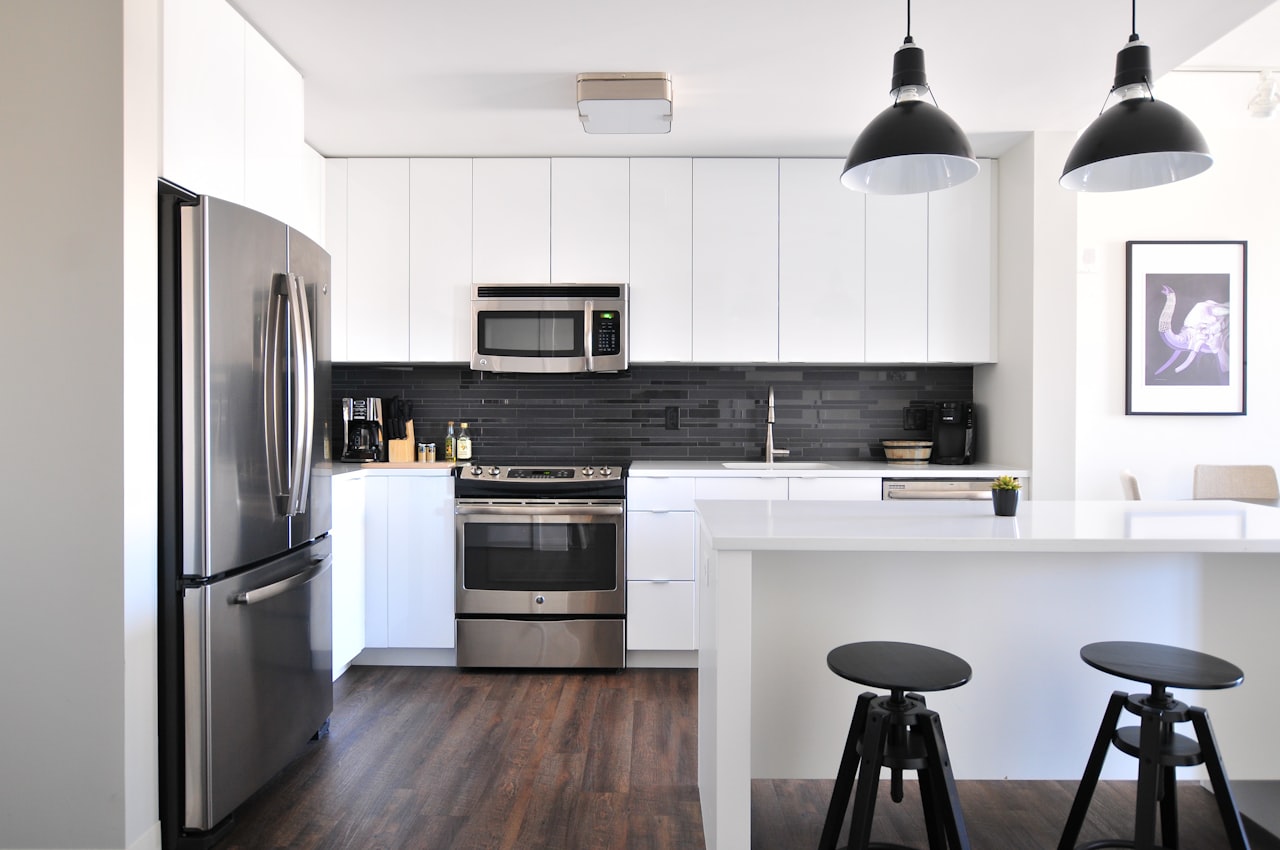Is there a “right” month to buy in Naples? If you have heard locals talk about “season,” you already know timing matters here. The winter months bring a surge of buyers, while the late spring to fall months feel calmer. If you want to stretch your budget or zero in on a very specific condo or community, when you shop can shape your outcome.
This guide compares preseason and peak season in Naples. You will see how each window affects inventory, days on market, pricing, and negotiating power. You will also get practical tactics and checklists you can use now. Let’s dive in.
Naples season explained
In Southwest Florida, “season” typically means January through April, with the most activity in January to March. Many part-time residents and visitors arrive during these months, so showings increase and weekend open houses fill up.
Demand tends to rise in season, especially for second-home and luxury properties. Condo buildings that allow seasonal rentals see strong interest. Primary-residence segments may behave differently, yet the overall market still gets busier.
Preseason and off-peak months run from late spring through fall. Fewer buyers are in town, and some sellers become more flexible. Inventory can look different by neighborhood and property type.
Preseason vs peak: what changes
Demand and competition
- Peak season brings more active buyers touring homes. You will see faster decisions and more head-to-head competition in popular areas and turnkey condos.
- Preseason often means fewer competing buyers. You may get more time to evaluate, compare, and negotiate.
Inventory patterns
- Many sellers list ahead of or during season to capture peak traffic. New listings can rise, yet strong buyer activity absorbs inventory, so it can still feel tight for high-demand segments.
- In the summer, some sellers pause or delay listings, which can thin choices in select micro-markets.
- Net effect: during season, you may see more total listings, but competition keeps good homes moving. Off-peak, you might find fewer “perfect fit” options, yet have better negotiating room on what is available.
Days on market (DOM)
- DOM typically shortens in season. Desirable homes move faster. You should be prepared to act decisively.
- Off-peak DOM often stretches, which can open windows for pricing and terms discussions.
Pricing and leverage
- In season, prices commonly hold firmer and sellers enjoy stronger leverage. Multiple offers are more likely in prime locations and renovated units.
- Outside of peak months, you often see more room for price reductions, seller credits, or flexible terms. The strongest opportunities cluster around listings with longer DOM or recent price changes.
Luxury and niche segments
- Luxury waterfront, golf community estates, and trophy properties often concentrate activity in season. These can be price insensitive when competition is high.
- Off-peak, motivated luxury sellers sometimes negotiate more, though the selection may be thinner if you need a specific view, exposure, or lot.
Choose your window based on goals
If price and negotiating power lead
- When to shop: late spring to fall, roughly May through November.
- Why it helps: fewer buyers, longer DOM, and a higher chance of concessions.
- Best for: maximizing value, targeting motivated sellers, or if your move-in timing is flexible.
Tactics you can use:
- Get fully pre-approved with a local lender or have proof of funds ready. A clean, quick closing still matters to sellers.
- Track listings with extended DOM, recent price reductions, or prior expired status.
- Use inspections and appraisal contingencies to negotiate repairs or credits, while balancing risk and goals.
- Time offers midweek and present a reliable closing timeline.
- Aim at communities where seasonal demand is not the main driver, which can reduce bidding pressures.
If selection, speed, or lifestyle lead
- When to shop: January through April.
- Why it helps: more variety hits the market, especially turnkey condos, rental-friendly buildings, and lifestyle homes near clubs and amenities.
- Best for: a fast close, specific must-haves, or when you cannot risk waiting for a rare floor plan.
Tactics you can use:
- Be offer-ready with pre-approval, comp analysis, and draft terms aligned to your comfort level.
- Present clean offers. Use fewer contingencies and a faster close if that fits your risk tolerance and lender timeline. Consider escalation clauses carefully.
- For cash or local buyers, weigh the premium you might pay against the lifestyle and certainty of landing the right property.
- Ask your agent to leverage off-market and coming-soon networks to see homes before they hit wide exposure.
Adjust by property type and price band
- Condos: competition is strongest in season, especially in renovated or rental-friendly buildings. Off-peak can bring better negotiation for non-premium units.
- Single-family waterfront or golf homes: expect stiffer competition in season, with better terms possible in off-peak months.
- Luxury at 1 million dollars and higher: selection concentrates in season, while motivated off-peak sellers may negotiate more. Your timeline and tolerance for a slimmer off-season selection will guide strategy.
Your step-by-step plan
Pre-purchase checklist for any season
- Secure your mortgage pre-approval, or gather proof of funds.
- Review HOA or condo fees, rental rules, and reserves. If you plan seasonal rentals, confirm lease terms, minimum days, and application timelines.
- Price insurance early, especially during hurricane season from June through November. Factor flood coverage if the home is in a flood zone.
- Request seller disclosures. For coastal properties, prioritize roof, HVAC, and corrosion-prone systems.
- Confirm tax history and any special assessments.
- Ask your agent for month-by-month historical metrics for your micro-market and price band.
Negotiation levers by season
- Preseason and off-peak: price reductions, seller credits for closing costs or repairs, longer inspection windows, and flexible closing dates.
- Peak: non-price levers may carry more weight. Faster closing, fewer contingencies, and a thoughtful escalation clause can help. Use appraisal-gap coverage only with care.
Example timelines
- Preseason value hunter: start your search 3 to 6 months before your ideal close date. Expect more discussion on price and credits, with standard inspection and appraisal timelines.
- Peak selection seeker: begin previewing 1 to 2 months before you arrive in Naples. Be prepared to tour quickly and sign electronically. Line up financing, insurance quotes, and HOA document reviews in advance.
Local data and due diligence resources
For current numbers and trends, check:
- Naples Area Board of REALTORS monthly market reports. These break down inventory, pricing, and DOM by property type and area. You can explore the organization and its updates at the Naples Area Board of REALTORS site.
- County and statewide context from Florida Realtors research and statistics.
- National seasonality and buyer behavior from NAR Research and Statistics.
For property-level diligence:
- Taxes, ownership, and historical assessments at the Collier County Property Appraiser.
- Flood zone lookups and mapping at the FEMA Flood Map Service Center.
Use these sources to validate month-by-month patterns in your price range. Seasonal dynamics are reliable over the long term, yet the intensity varies with interest rates, insurance costs, and inventory shifts.
Bottom line: tailor timing to your goals
There is no single best month for every buyer in Naples. If you value price and terms above all, preseason often gives you more leverage. If you need the right view, building, or club access on a firm timeline, peak season may be worth the premium. What matters most is clarity on your priorities, financing readiness, and a local strategy that fits your property type and neighborhood.
If you want a concierge-level plan for your search, we are here to help. From off-market access and neighborhood guidance to streamlined showings and polished negotiations, our team pairs boutique service with the reach of a national platform. Start a private conversation with Haven Group FL.
FAQs
Are Naples home prices always lower off-season?
- Not always. Off-peak months often bring more negotiating room and longer DOM, but overall market direction and inventory still drive pricing. Validate with recent month-by-month local data.
Is luxury inventory only available during peak season in Naples?
- Many luxury sellers time listings for season, yet motivated or time-sensitive sellers list year-round. Off-peak may present better terms, with a thinner selection for specific waterfront or gated homes.
How does hurricane season affect buying and insurance in Naples?
- Hurricane season runs June through November. Insurers may limit new policies during storms, and premiums vary by flood zone. Start insurance quotes early and review coverage options with your agent.
When should I buy in Naples if I want seasonal rental potential?
- Peak season raises demand for rental-friendly condos, which increases competition. If rental income matters, verify HOA policies in advance and weigh buying off-peak to negotiate better terms.
What helps me compete during peak season in Naples?
- Be fully pre-approved, have proof of funds ready, and review comps with your agent. Present a clean, timely offer that fits your risk tolerance, and be prepared to move quickly on showings and signatures.


































































